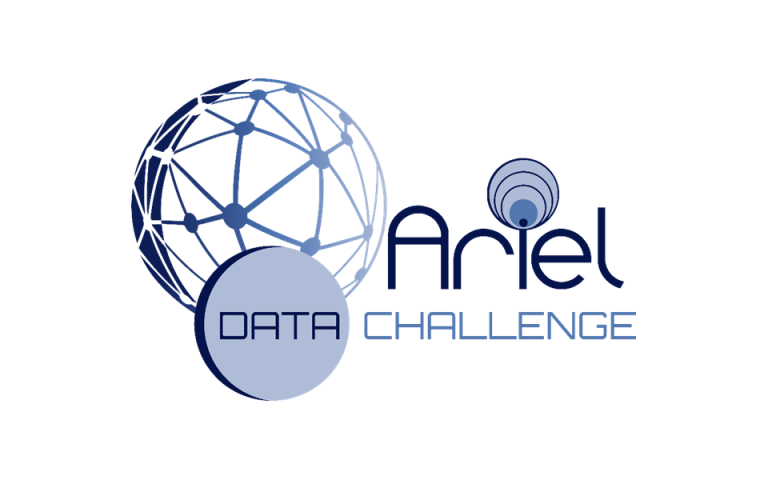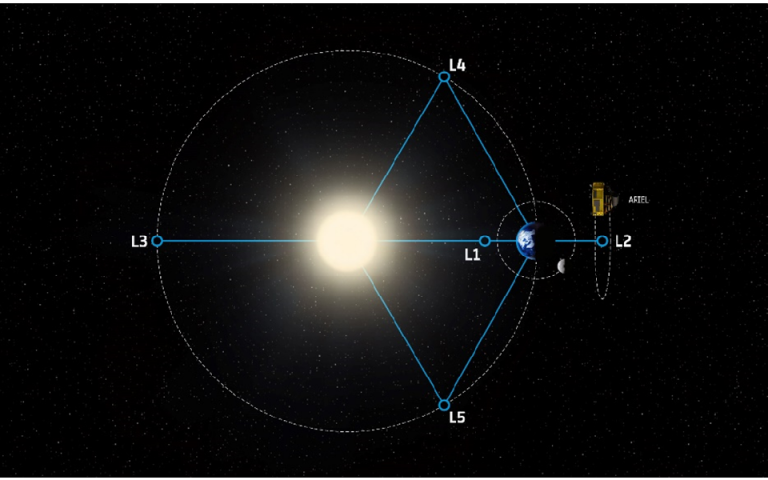Ariel Data Challenge 2022
30 June 2022
The Ariel Data Challenge 2022 is inviting AI and machine learning experts from industry and academia to help astronomers understand planets outside our solar system, known as exoplanets.

The European Space Agency’s Ariel telescope will complete one of the largest ever surveys of these planets by observing the atmospheres of around one fifth of the known exoplanets.
Ariel will study the light from each exoplanet’s host star after it has travelled through the planet’s atmosphere in what is known as a spectrum. The information from these spectra can help scientists investigate the chemical make-up of the planet’s atmosphere and discover more about these planets and how they formed.
Scientists involved in the Ariel mission need a new method to interpret these data. Advanced machine learning techniques could help them to understand the impact of different atmospheric phenomena on the observed spectrum.
Dr Ingo Waldmann, Associate Professor in Astrophysics at UCL (University College London) and Ariel Data Challenge lead said: “AI has revolutionised many fields of science and industry in the past years. The field of exoplanets has fully arrived in the era of big-data and cutting-edge AI is needed to break some of our biggest bottlenecks holding us back.”

The competition
The Ariel Data Challenge calls on the AI community to investigate solutions. The competition is open from 30 June to early October.
Participants are free to use any model, algorithm, data pre-processing technique or other tools to provide a solution. They may submit as many solutions as they like and collaborations between teams are welcomed.
For the first time, this year the competition is also offering 20 participants access to High Powered Computing resource through DiRAC, part of the UK’s Science and Technology Facilities Council’s computing facilities.
Kai Hou (Gordon) Yip, Postdoctoral Research Fellow at UCL and Ariel Data Challenge Lead said: “With the arrival of next-generation instrumentation, astronomers are struggling to keep up with the complexity and volume of incoming exo-planetary data. The NeurIPS data challenge 2022 provides an excellent platform to facilitate cross-disciplinary solutions with AI experts.”
Winners will be invited to present their solution at the prestigious NeurIPS conference. First prize winning teams will be awarded $2,000 and second prize winners will receive $500.
Winners will also be invited to present their solution to the Ariel consortium.
More details about the competition and how to take part can be found on the Ariel Data Challenge website. Follow @ArielTelescope for more updates.
Images
- Top: Ariel Data Challenge logo.
- Bottom: Ariel will be placed in orbit around the Lagrange Point 2 (L2), a gravitational balance point 1.5 million kilometres beyond the Earth’s orbit around the Sun. Credit: ESA/STFC RAL Space/UCL/Europlanet-Science Office.
Video
- About Ariel Space Mission. Credit: Bex Coates.
 Close
Close

